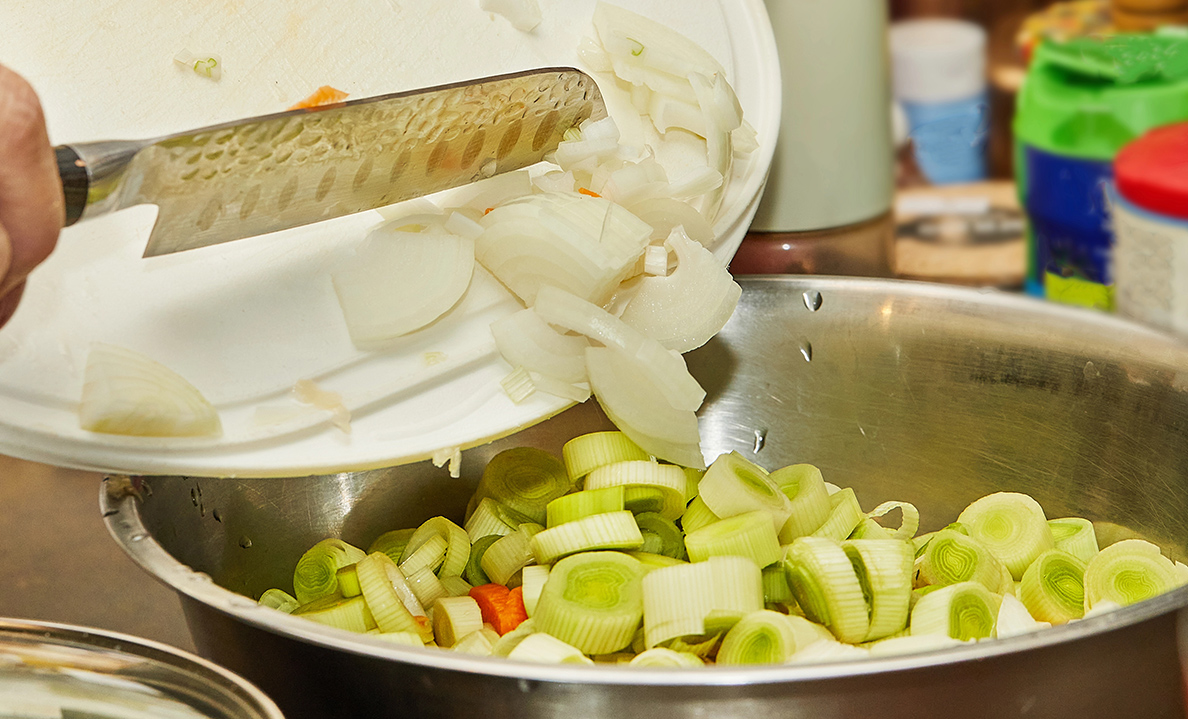Current Light Flashes
The official voice of West Florida Electric Cooperative:
In this issue:
New Convenience Fee Structure Helps Allocate Costs FairlyHow to Sign Up for Automated Bank Draft Payments
Beware Winter Utility Scams
2025 Employee Recognition
Winter Heating Safety Tips
In this issue:
Thinking About Rooftop Solar? Start with WFECWFEC Welcomes Nathan Berry as New Executive Vice President & CEO
Changes at Your Cooperative
Evans Earns Prestigious SHRM Certification
Upgrade and Save with a Manufactured Home Rebate
Delays Don't Get in the Way of Monumental D.C. Days
Classifieds - August 2025
In this issue:
Quickly and Easily Report Power OutagesRecent Substation Work Aims to Improve Reliability and Weather Resilience
Energy Can Spread Like Ripples on a Pond
Classifieds - May 2025
Who Runs the Cooperative Business: Part 4
WFEC Lineman Creates Bold New Logo for Co-op
Special Needs Registry Program
West Florida Electric members are great cooks! Check for new recipes every month.

